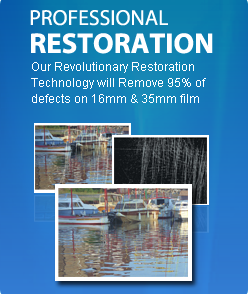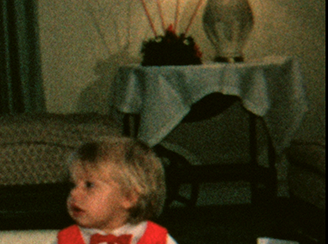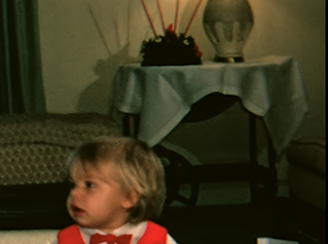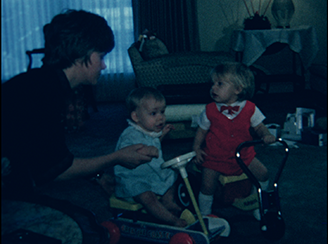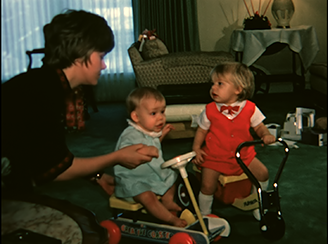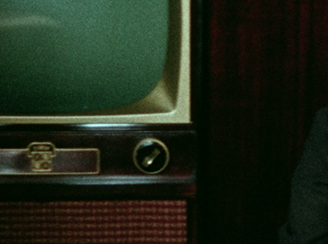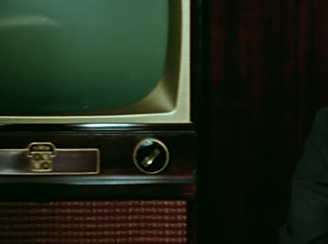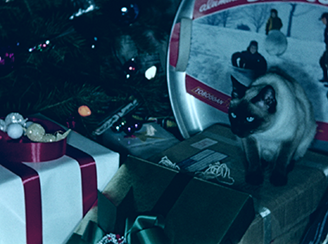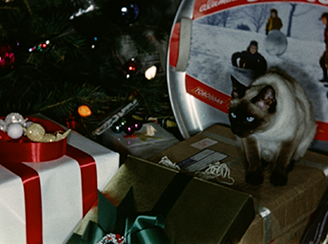
Pro Hollywood Restoration Joliet
We offer 3 restoration options. Color Correction, Grain Elimination and Stabilization Technology.
About 90% of our Joliet customers want the color correction and about 75% do the grain elimination. We do also offer image stabilization. It adds a nice touch to those old home movies.
Color correction is very important for amateur film because we will be able to recover more footage that was shot too dark or has darkened as part of the aging process. The scanner monitors the light and color balance and will change it based on pre-determined algorithms. This means it will pump more light through film that is dark and it will back off on film that is too bright. This will allow us to recover footage that would normally be too dark or too light. In addition, after the scan, an editor will go through the footage looking at skin tone and things like the color of the sky to order to make sure it looks correct. You can see in the examples below how much better the images look with our 2 pass color correction.
Grain is on all film. Look at the "Before" picture below compared to the "After" picture. These little dots muddy up the image and take away from the content you care most about. Now, look at the After picture on the right. This is what you really want to see. We do recommend Grain Elimination on all film for our Joliet customers.
Most amateur films have some stabilization issues just because of the way the film was shot. But, most people are used to seeing this on old movie film (See example video clip below). So, we see stabilization as a nice to have but not required. If you can afford to do it then we would recommend it. If it pushes you outside your budget then we would just recommend the Grain Elimination technology.
Super 8 Film Examples Joliet
|
|
Before |
After |
|
|
|
|
Before |
After |
16mm Film Examples
|
|
Before |
After |
|
|
|
|
16mm Before |
16mm After |
Joliet Fun Facts: Tourism became a prominent industry, aided by the establishment of riverboat casinos, and the infusion of new tax dollars fueled a revitalization of the downtown City Center. Joliet is an Illinois city which lies about 45 miles from Chicago on the southwest edge of the Chicago metropolitan area. Situated on the banks of the Des Plaines River, Joliet is the county seat of Will County. The city is serviced by several major thoroughfares, including U.S.
Illinois Fun Facts: Located on Lake Michigan, and connected to the eastern ports via the Erie Canal, Chicago became a booming metropolis, and even the fire of 1871 could not stunt its growth. In the second half of the 19th century the great need for workers in the mills, rail yards and slaughterhouses made Chicago a popular destination for immigrants and freed blacks. During Prohibition Chicago became synonymous with bootleg liquor and gangsters like Al Capone. The first Europeans to visit Illinois were the French explorers Louis Jolliet and Jacques Marquette in 1673, but the region was ceded to Britain after the French and Indian War.

